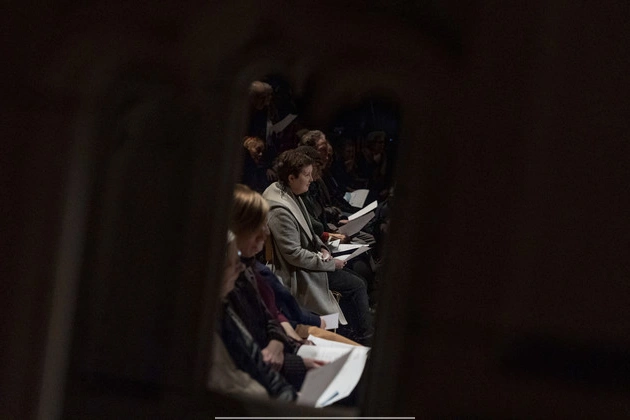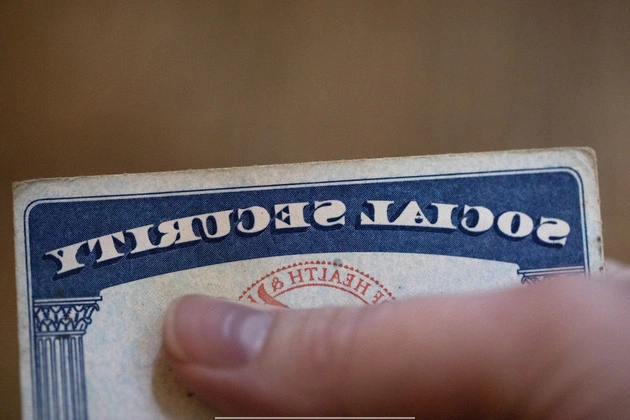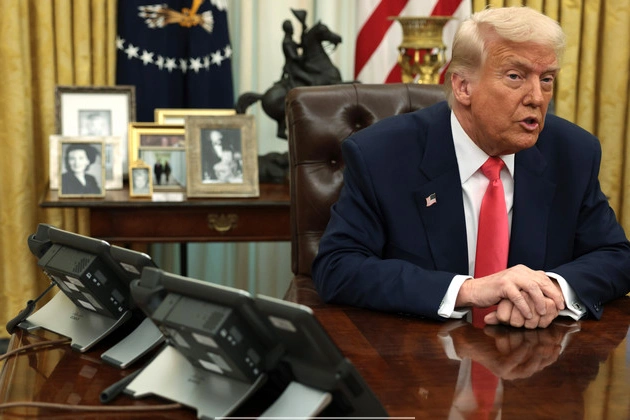
A federal judge in Maryland has issued a significant legal victory for churches, temples, and other places of worship by blocking the Trump administration from conducting immigration enforcement actions at these locations. Unlike previous nationwide restraining orders, this ruling specifically protects facilities used by Quaker, Baptist, and Sikh denominations that filed the lawsuit.
Protecting Religious Freedom
The Trump administration had removed limits on enforcement at ‘sensitive’ sites such as churches, schools, and hospitals, prompting concerns about religious freedom. U.S. District Judge Theodore Chuang, appointed by President Barack Obama, emphasized in his opinion the threat to religious freedom posed by the removal of these limits.
Chuang highlighted the real impact of the policy on congregations with large immigrant populations, noting a decline in attendance after the Trump directive. The judge expressed concern that enforcement actions could target places of worship, jeopardizing the safety and freedom of those seeking refuge.
Groups Seeking Relief
The groups that brought the lawsuit include Quaker congregations in various states, a Sikh temple in Sacramento, and a coalition of Cooperative Baptist Fellowship churches. Chuang’s analysis focused on these houses of worship that openly welcome immigrants, making them potential targets for enforcement actions.
In granting the injunction, Chuang underscored the groups’ First Amendment right to freedom of association and cited violations of the Religious Freedom Restoration Act. The judge emphasized the need for meaningful limitations and safeguards in law enforcement operations near places of worship to uphold constitutional and statutory requirements.
Ensuring Constitutional Protections
While recognizing the necessity of law enforcement operations, Chuang’s ruling aims to balance security needs with the protection of religious rights. The court’s decision reflects a nuanced approach to the sensitive issue of law enforcement intrusions into places of worship, emphasizing the importance of upholding constitutional and statutory safeguards.















